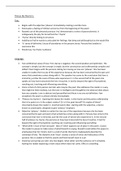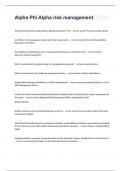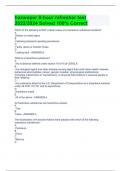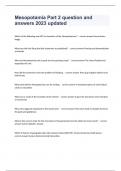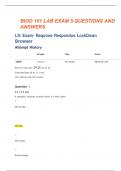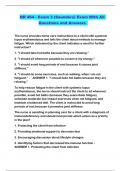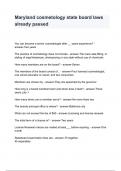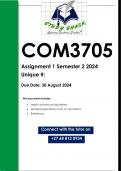Overig
Exam Notes: 'Piteous is my Rhyme' by Christina Rossetti
- Vak
- Instelling
This document covers the poem: 'Piteous is my Rhyme' by Christina Rossetti. I studied this poem for my A Level, Edexcel English Literature Exam as part of the poetry module. By constructing these summarises and notes these provided me with ideas and themes which I could for my essays and thesis...
[Meer zien]
